Life is always unpredictable. Just when you think you are all set with your finances, here comes an unexpected expense.
Here are some of the unexpected expenses we have incurred:
Ruptured toilet feeder line damaging the bathroom and bedrooms floors
Car breakdown that needed immediate repair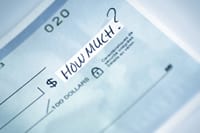
Unexpected high medical bills that insurance didn’t cover
Pet / Vet expenses
Unexpected loss of income / non-payment from client
So, what do you do when something happens to you and your still have bills to pay? Yes, you can use credit cards as an option. It wouldn’t be my first choice, as this creates another bill to pay. My choice would be to have an emergency savings account to have the funds to pay for what life sends your way.
Experts agree that you should have 3 to 6 months of your income saved in an emergency fund. Personally, I think you should build up to a year in an emergency fund. If you want to start to save, see my post Save for Your Future.
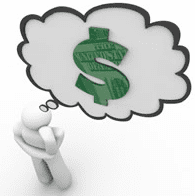
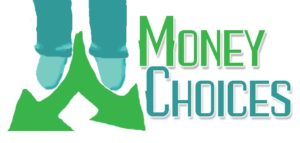 Whether you are just starting out or nearing retirement, there are things you can do now to make retirement easier for you. You don’t want to retire and not have the money to do what you want. Here are some things you should think about:
Whether you are just starting out or nearing retirement, there are things you can do now to make retirement easier for you. You don’t want to retire and not have the money to do what you want. Here are some things you should think about: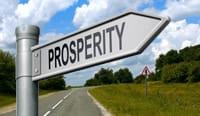


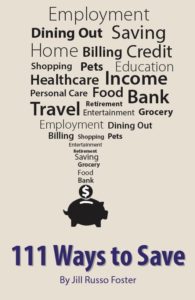

 Because, if you don’t have a savings account to fall back on, you’ll be back in debt the next time you’re blindsided by an unexpected repair or medical bill. Life happens. If you don’t have money in the bank, how will you pay for the surprises it brings? With a credit card or a loan? It’s a bad habit, and it’s better to start breaking it now rather than later.
Because, if you don’t have a savings account to fall back on, you’ll be back in debt the next time you’re blindsided by an unexpected repair or medical bill. Life happens. If you don’t have money in the bank, how will you pay for the surprises it brings? With a credit card or a loan? It’s a bad habit, and it’s better to start breaking it now rather than later.